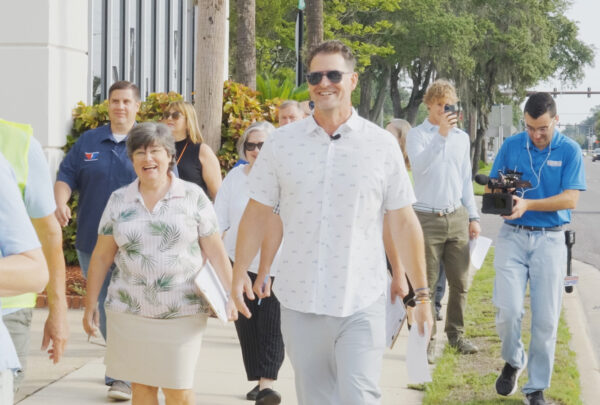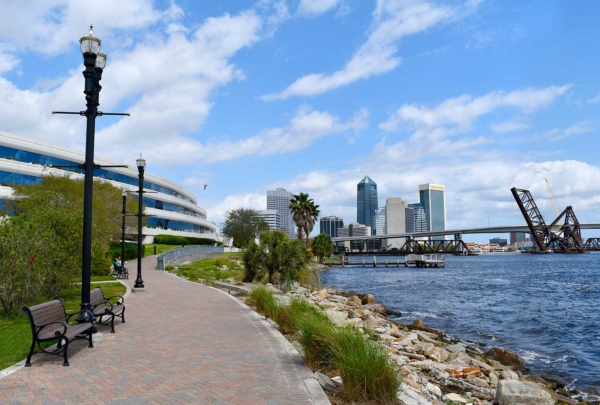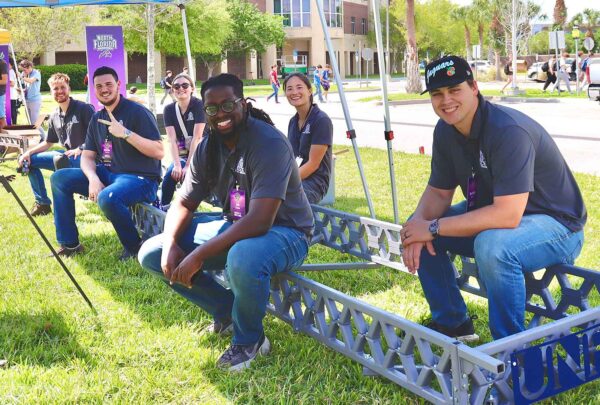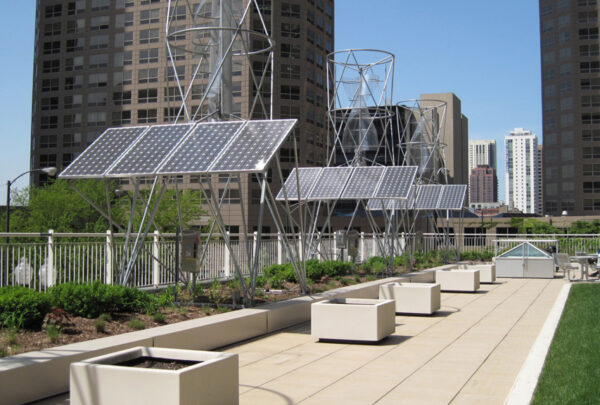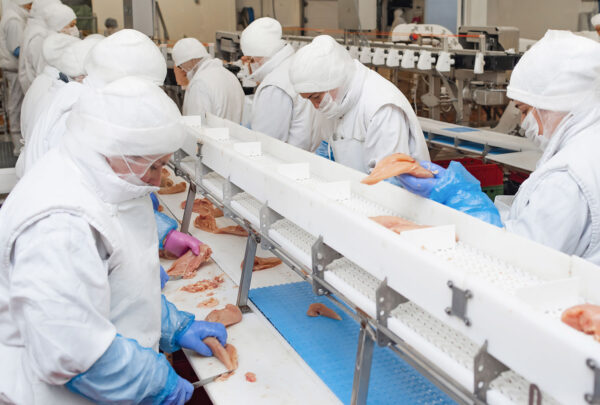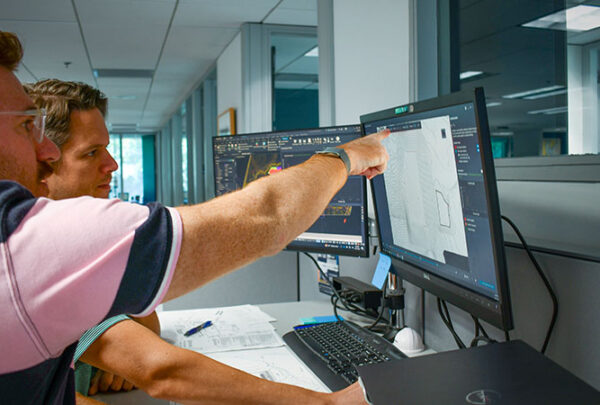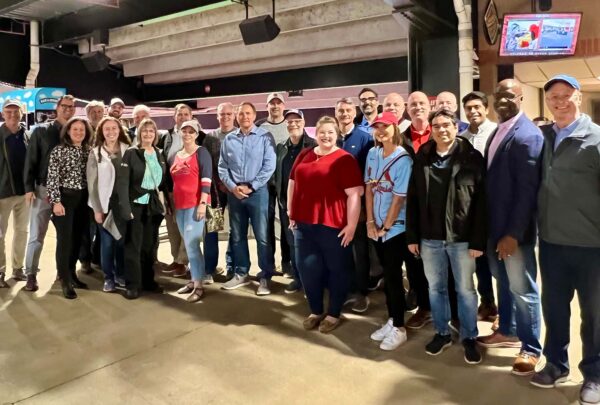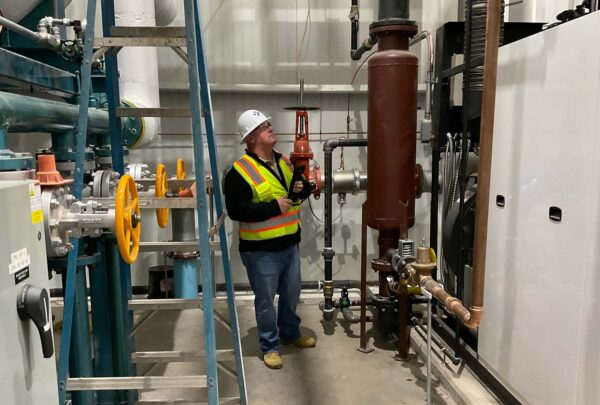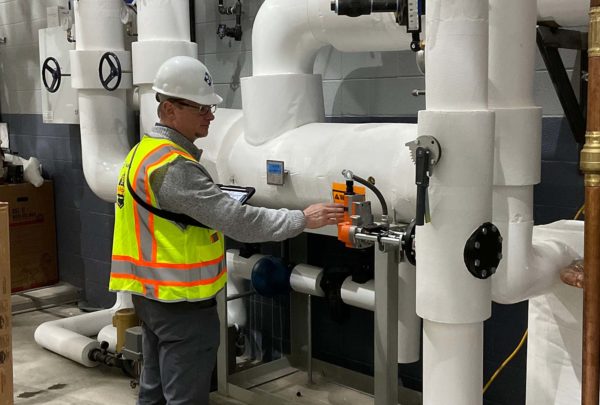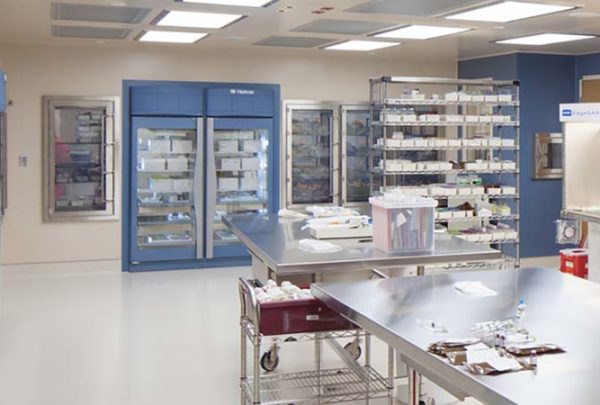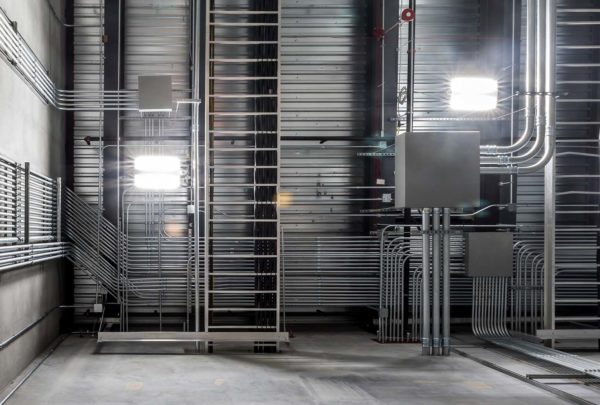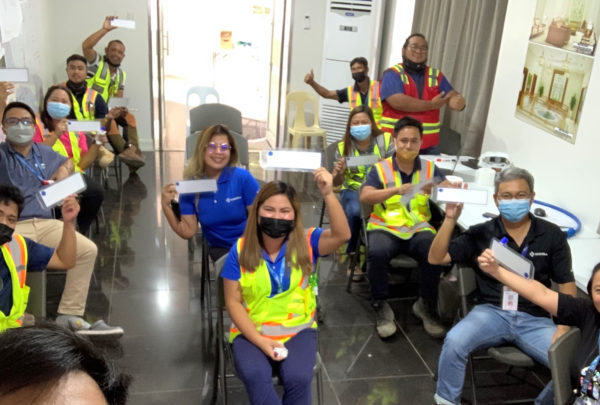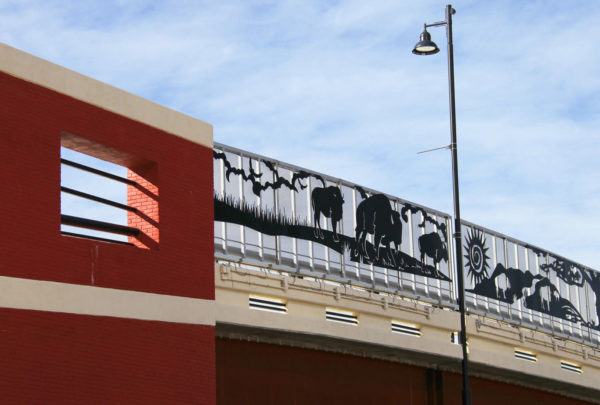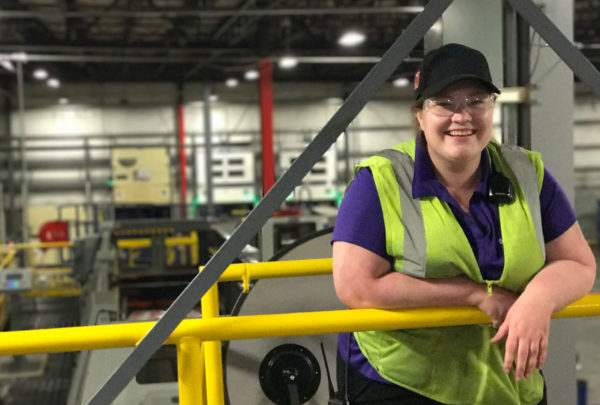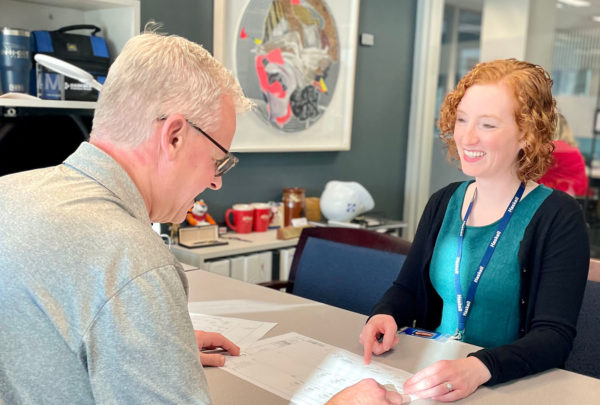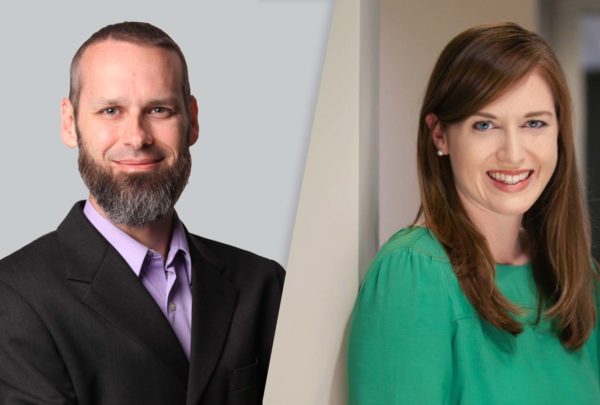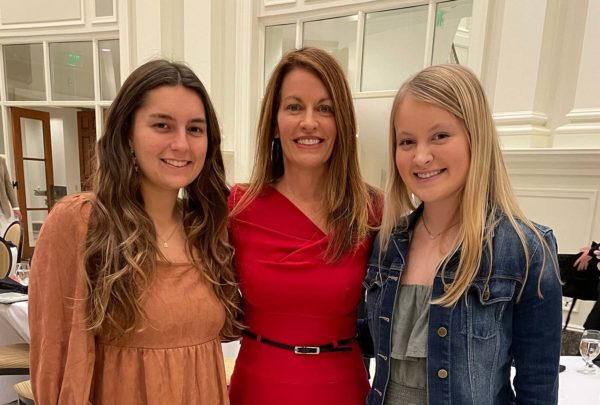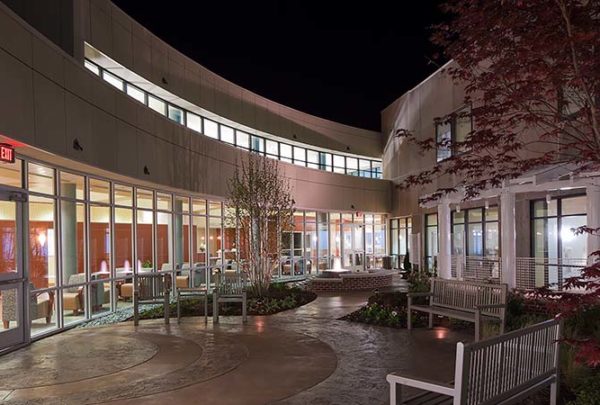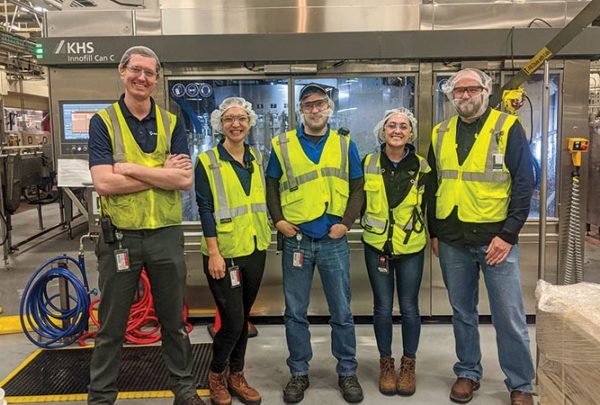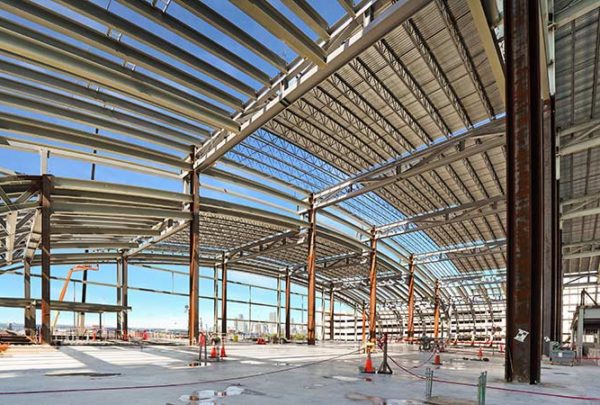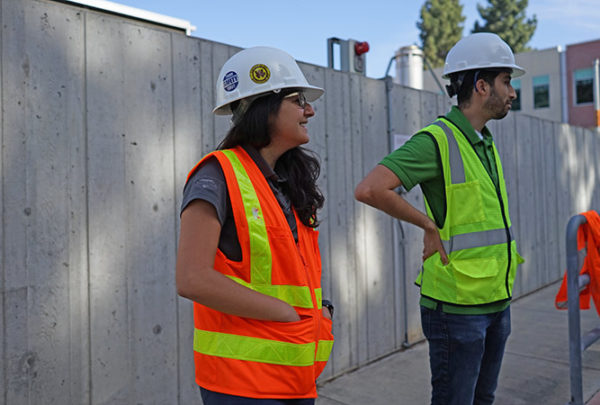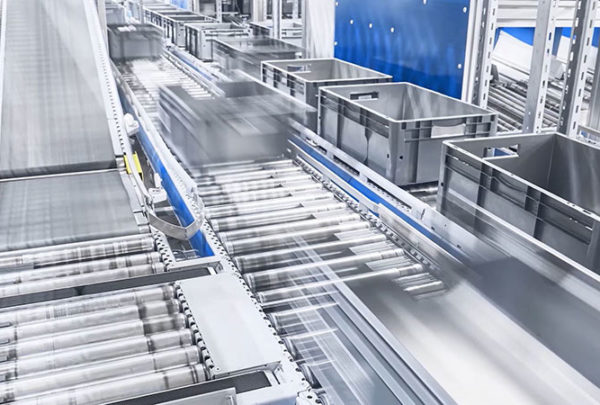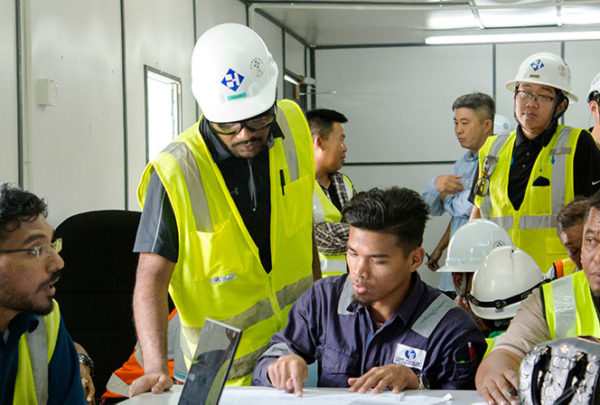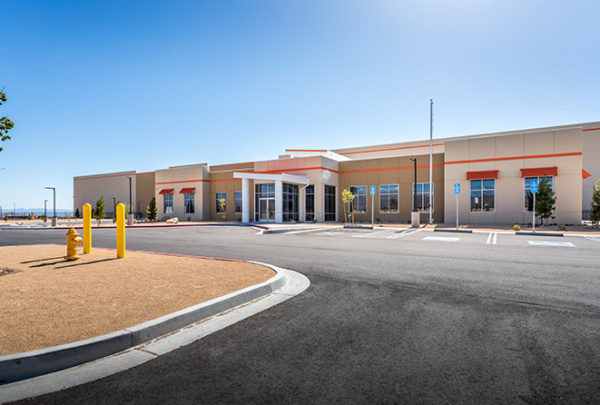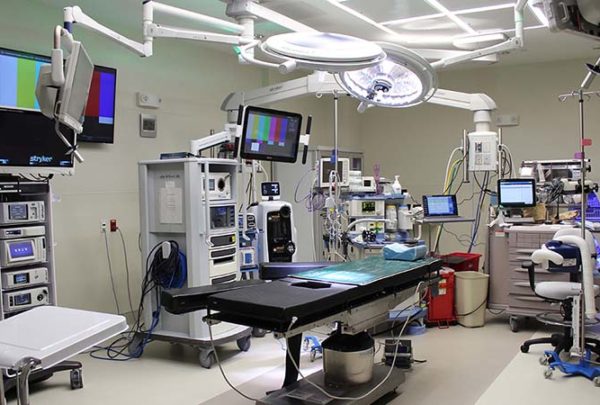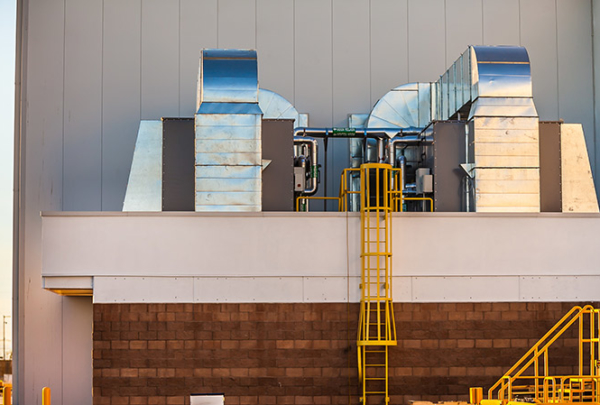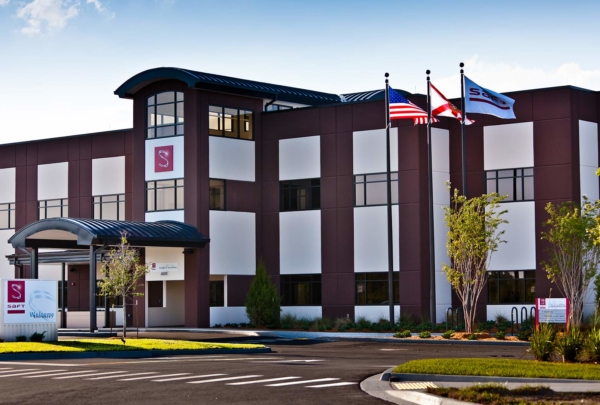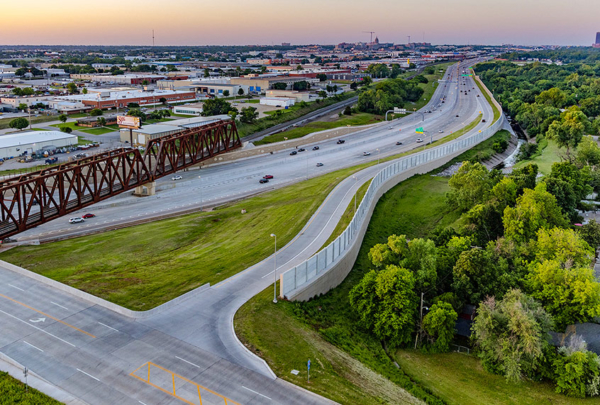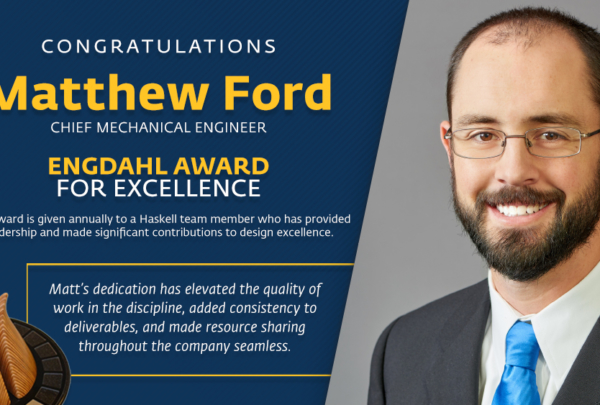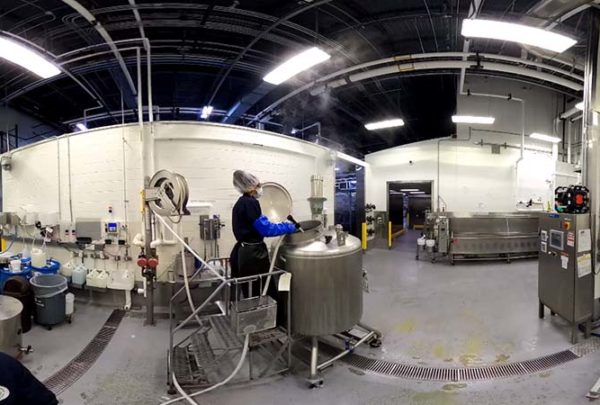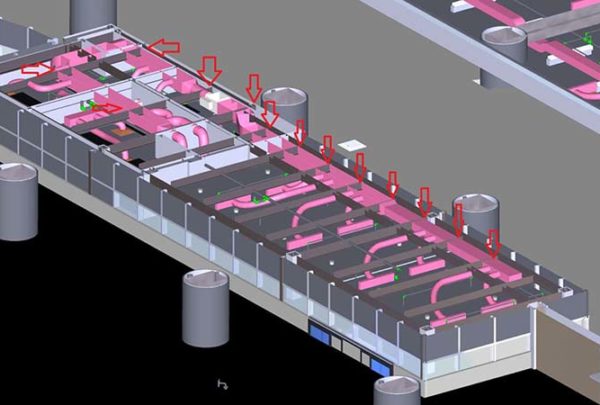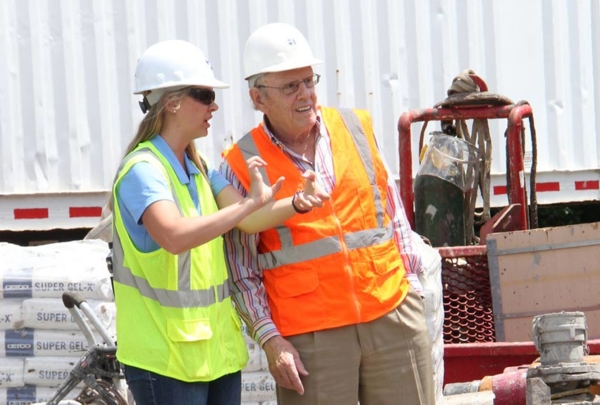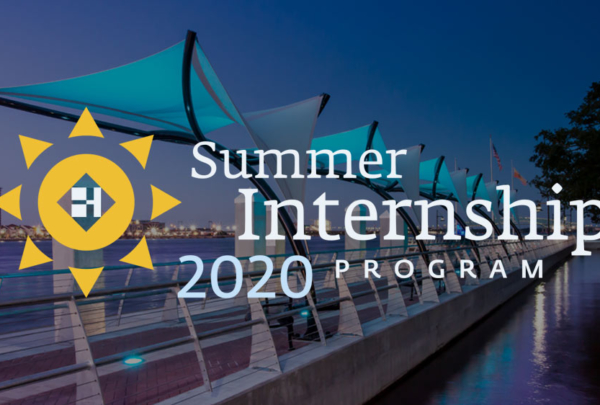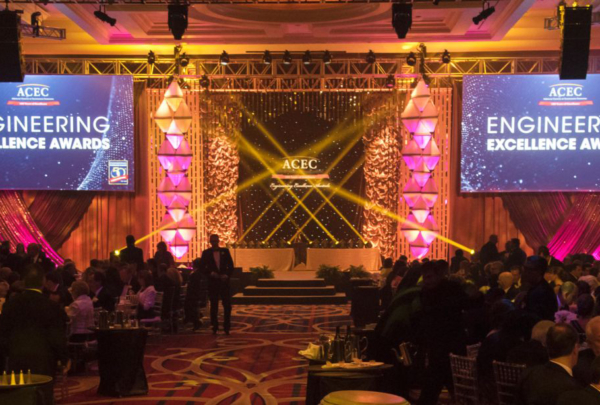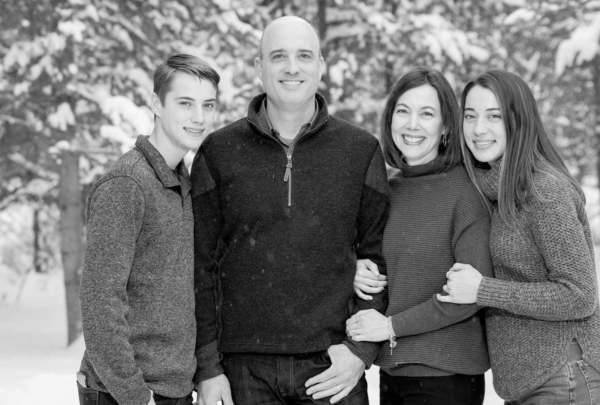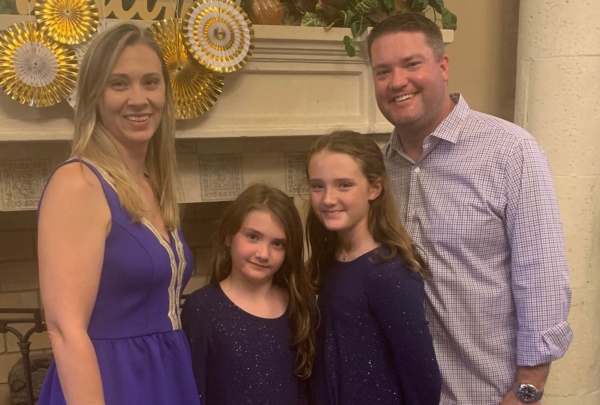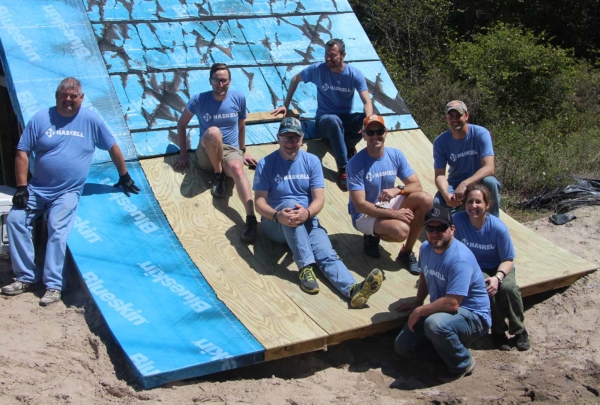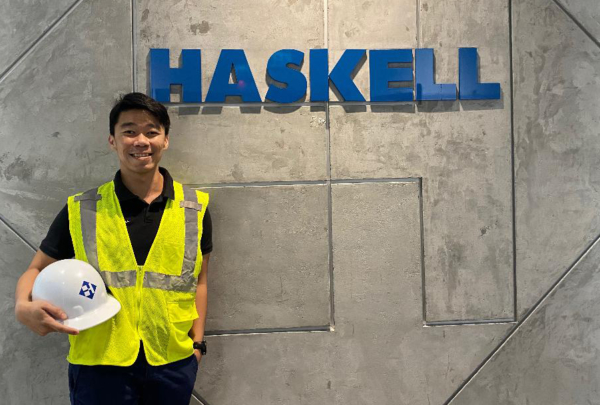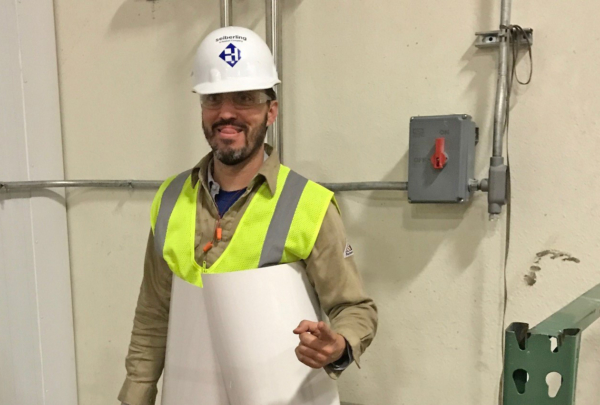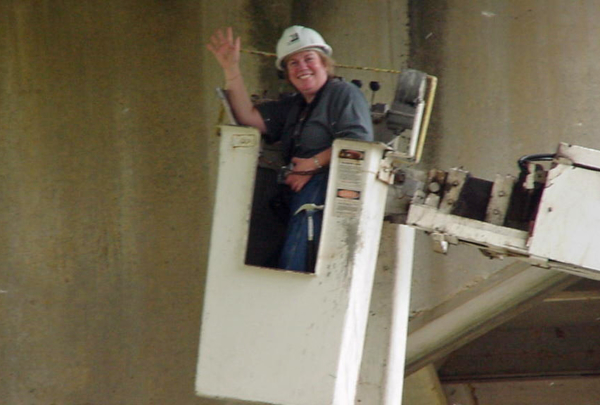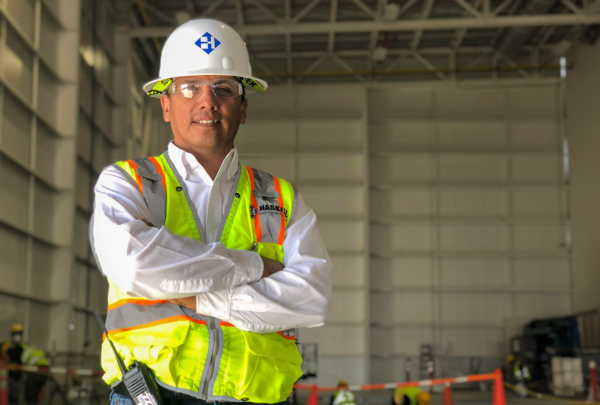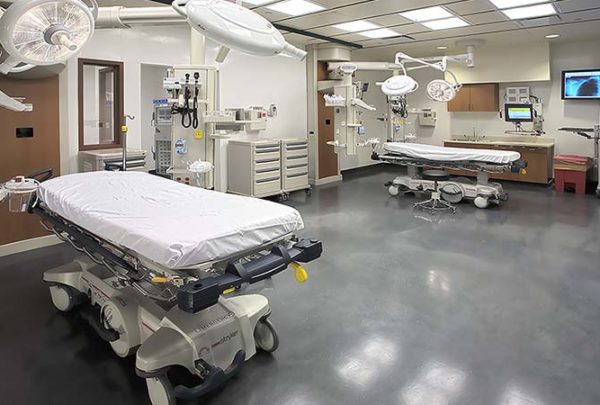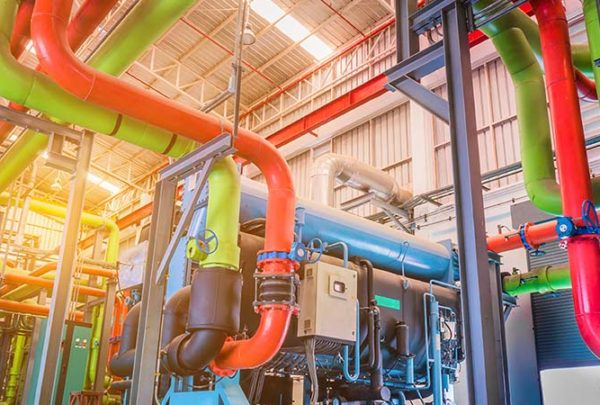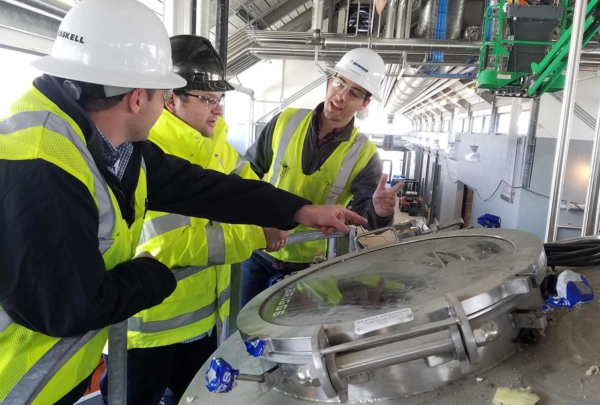Editor’s note: Haskell is proud to join its more than 650 design professionals in celebrating Engineers Week. Founded in 1951 by the National Society of Professional Engineers (NSPE), Engineers Week brings together a formal coalition of more than 70 engineering, educational, and cultural societies, as well as more than 50 corporations and government agencies, to ensure a diverse and well-educated future engineering workforce by increasing awareness of and interest in engineering and technology careers.
In keeping with the Engineers Week 2021 theme, several young Haskell engineers were asked to “Imagine Tomorrow.” And while their perspectives varied, often reflecting their individual disciplines and experiences, they were closely aligned in identifying engineers’ vital role in global stewardship.
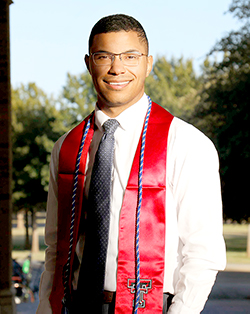 Jacob Isom is newly graduated from Texas Tech University with dual bachelor’s degrees in Civil Engineering and Mathematics and is based in Haskell’s office in his hometown of St. Louis, Missouri. Isom sees rebuilding America’s crumbling infrastructure as an imperative, but also as an opportunity.
Jacob Isom is newly graduated from Texas Tech University with dual bachelor’s degrees in Civil Engineering and Mathematics and is based in Haskell’s office in his hometown of St. Louis, Missouri. Isom sees rebuilding America’s crumbling infrastructure as an imperative, but also as an opportunity.
“Engineers have an indubitable responsibility to reinforce, rebuild, and upkeep America’s infrastructure,” he said. “Haskell’s engineers address the most critical issue in society today, namely changing the business mindset to include sustainability. It’s important for Haskell’s engineers not only to consider the environmental impact that our improvements elicit, but also the economic standpoint of our proposals as well to facilitate a professional relationship with our clients and keep their business model and practice as profitable as possible.”
Working as a member of Design and Consulting Services delivery group, Isom has seen firsthand the opportunities buried in decades-old concrete and steel, and he believes there’s a solid business case in the work that builds the future.
“Many of these projects are unearthed due to the failing sewer infrastructure, such as backflow, pipes breaking or failing, etc.,” he said. “By noting these failed mechanisms of previous infrastructure, we come out with creative and critical solutions – all while ensuring we deliver a solution at the best price for our client.”
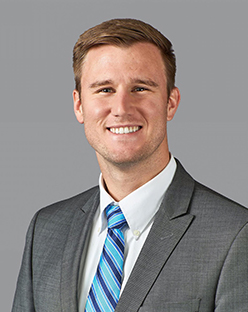 With a bachelor’s in Civil Engineering from the University of Florida (UF) and a Master of Science in Structural Engineering from the University of Texas, Devon Minich sees solutions from the ground up. And as he looks to the future, he predicts those solutions will go higher than ever.
With a bachelor’s in Civil Engineering from the University of Florida (UF) and a Master of Science in Structural Engineering from the University of Texas, Devon Minich sees solutions from the ground up. And as he looks to the future, he predicts those solutions will go higher than ever.
“The expanding population is a critical issue in society today that engineers are tasked with solving,” said Minich, who works in Haskell’s headquarters in Jacksonville, Florida. “I believe society will be living in bigger cities in both area and height. This will require much larger and taller buildings than what is built in today’s world.
“Civil engineers must determine the best way to use and develop the land. Electrical engineers must determine the most efficient way to produce, store, and utilize electricity. Mechanical engineers must develop the machines to solve transportation and healthcare issues. And structural engineers must design all of the buildings for the population to live and work in and the transportation methods for this large population to get where they need to go.”
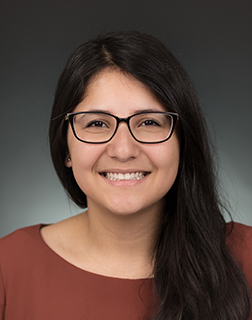 As a Mechanical Engineer with specialization in Heating, Ventilation, Air Conditioning and Refrigeration (HVAC-R), Cinthya Carillo’s experience working in Haskell’s Irvine, California, office has validated the point that responsible environmental stewardship is good for business.
As a Mechanical Engineer with specialization in Heating, Ventilation, Air Conditioning and Refrigeration (HVAC-R), Cinthya Carillo’s experience working in Haskell’s Irvine, California, office has validated the point that responsible environmental stewardship is good for business.
“A critical issue in society that engineers can help address is global warming and reducing our carbon footprint,” said Carillo, a graduate of Cal Poly San Luis Obispo. “As engineers, we have the choice to help make designs more sustainable in every project, even in little decisions. My ultimate goal is to build a building that meets the client's expectations and all their criteria. Sustainability is good for them, and you can make small choices that will make them more sustainable.”
The collaboration inherent in Haskell’s signature design-build delivery model makes those choices easier and more likely.
“Working with other professionals and trades, it might be a case when the architect says, ‘If you add this better glass or more insulation, we can make a better building,’” she said. “Then I would need a smaller HVAC system, and the client saves money because you don't have to build that infrastructure.”
Carrillo said California was making significant strides toward requiring net-zero building designs beginning in 2030, and she looked forward to seeing more engineers innovate as other states followed suit, particularly in terms of adapting buildings that weren’t designed with a focus on energy efficiency.
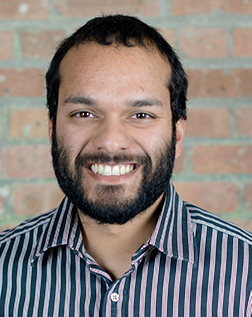 For his part, Len Roche is optimistic.
For his part, Len Roche is optimistic.
After growing up around engineers, mechanics and scientists in Qatar’s oilfields, Roche emigrated to the United States in 2009. He earned a bachelor’s in chemical engineering from the University of Wisconsin that he followed with a master’s in the same discipline at UF.
Now back in Wisconsin as a team member with Seiberling, a Haskell Company, and looking at the future from the perspective of a professional working daily in the Process Systems and Life Sciences engineering specialties, Roche sees resource scarcity as a looming issue. But he also sees positive change coming to overcome the challenges.
“I am very optimistic about tomorrow and amazed at how far we have already come in the last 20 years,” Roche said. “It seems like we are experiencing exponential growth. The key behind this is the internet. There is no longer a barrier to entry for those who want to learn. This proliferates innovation to the whole society. With learning and innovation open to anyone with an internet connection and a vision, I anticipate the rise of more start-ups aiming to solve society’s problems. By the end of my career am hopeful that we can tackle food and pharmaceutical scarcity.”

 Jacob Isom is newly graduated from Texas Tech University with dual bachelor’s degrees in Civil Engineering and Mathematics and is based in Haskell’s office in his hometown of St. Louis, Missouri. Isom sees rebuilding America’s crumbling infrastructure as an imperative, but also as an opportunity.
Jacob Isom is newly graduated from Texas Tech University with dual bachelor’s degrees in Civil Engineering and Mathematics and is based in Haskell’s office in his hometown of St. Louis, Missouri. Isom sees rebuilding America’s crumbling infrastructure as an imperative, but also as an opportunity. With a bachelor’s in Civil Engineering from the University of Florida (UF) and a Master of Science in Structural Engineering from the University of Texas, Devon Minich sees solutions from the ground up. And as he looks to the future, he predicts those solutions will go higher than ever.
With a bachelor’s in Civil Engineering from the University of Florida (UF) and a Master of Science in Structural Engineering from the University of Texas, Devon Minich sees solutions from the ground up. And as he looks to the future, he predicts those solutions will go higher than ever. As a Mechanical Engineer with specialization in Heating, Ventilation, Air Conditioning and Refrigeration (HVAC-R), Cinthya Carillo’s experience working in Haskell’s Irvine, California, office has validated the point that responsible environmental stewardship is good for business.
As a Mechanical Engineer with specialization in Heating, Ventilation, Air Conditioning and Refrigeration (HVAC-R), Cinthya Carillo’s experience working in Haskell’s Irvine, California, office has validated the point that responsible environmental stewardship is good for business. For his part, Len Roche is optimistic.
For his part, Len Roche is optimistic.
